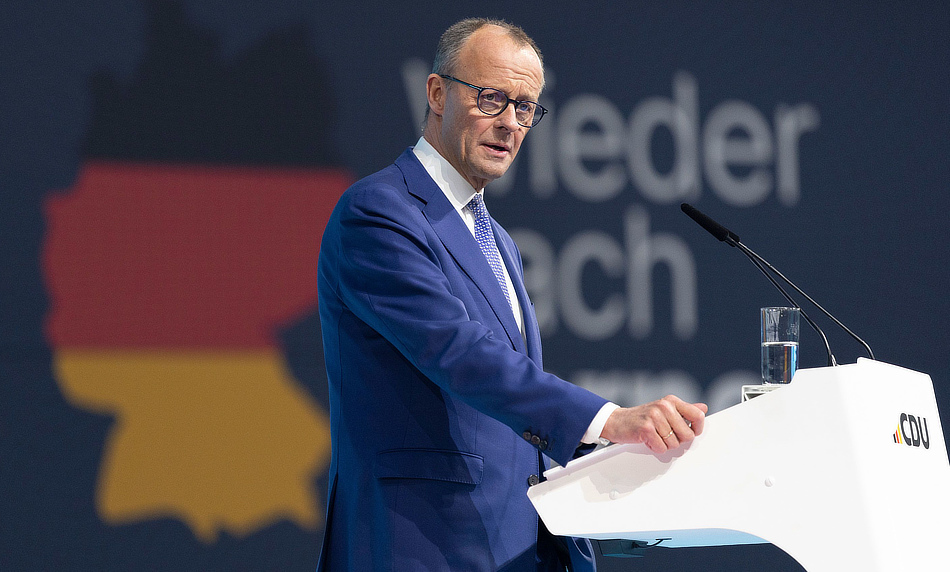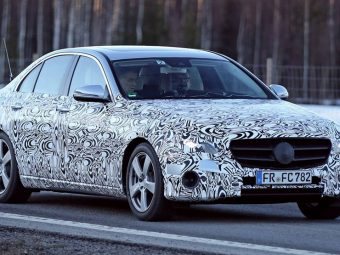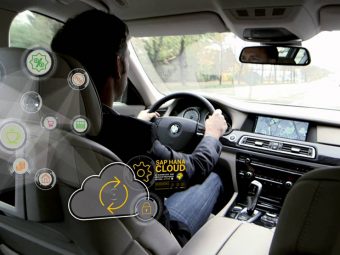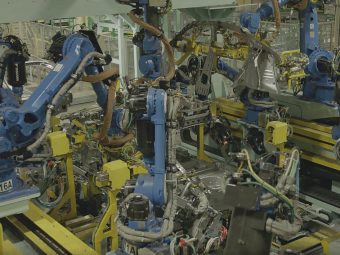Chancellor Merz is walking a familiar tightrope: caught between the profit imperatives of Germany’s powerful auto industry and the EU’s regulatory push toward a post-combustion future. At the IAA Munich auto show, Merz lent his support to “technology openness,” the industry’s coded language for slowing or weakening the effective ban on combustion engine sales set for 2035.
The rhetoric here is revealing. Merz insists his government is “fundamentally committed” to e-mobility, but at the same time demands “flexibility” — that is, preserving space for hybrids and fuel-efficient combustion engines.
Why? Because German automakers — historically the crown jewel of the nation’s industrial capitalism — are struggling. Mercedes-Benz, for example, is already projected to miss the EU’s 2025–2027 emissions targets. Its EQ electric lineup has stumbled, unable to win over consumers at the scale needed.
This is the contradiction: the EU is trying to legislate an energy and industrial transition in line with climate needs, while Germany’s auto giants are trying to preserve profitability in the face of fierce competition, especially from China. Merz, as chancellor, represents the state’s mediating role — promising climate progress to one audience, and regulatory relief to another.
But the larger story is one of systemic tension. The EU’s rules represent an attempt to discipline corporations in the name of social and ecological necessity. Industry lobbying — backed now by Merz — represents a corporate counter-offensive to protect its existing investments, and shareholder value.
The outcome will reveal, once again, how power is distributed between democratic institutions, corporate lobbies, and the governments caught in between.







